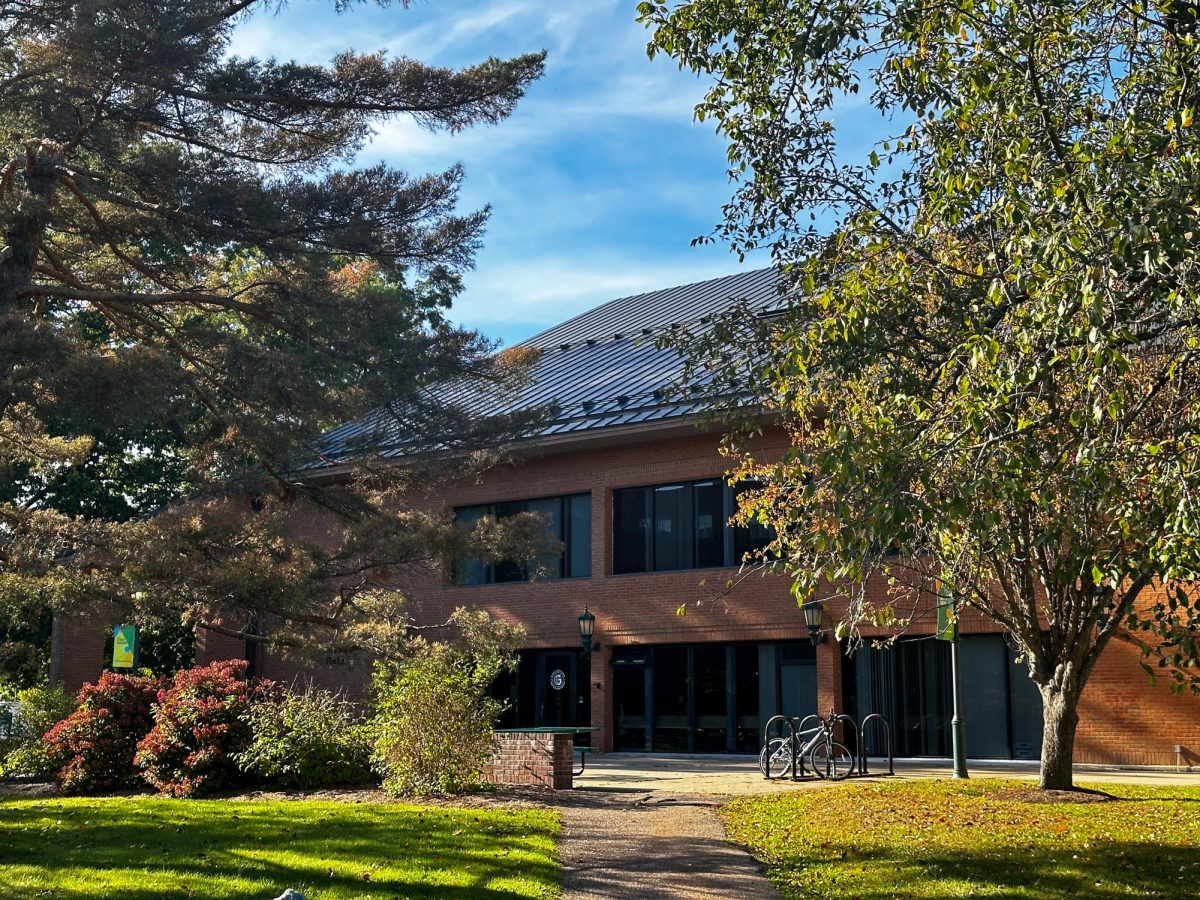UVM has established the Climate Measurements Center of Excellence, according to a Sept. 23 press release.
The goal of the Center will be to create standardized protocols and provide tools that can be used by researchers to measure the impacts of climate change, according to the Center’s website.
Gillian Galford, director of the Center, said it is housed within the Gund Institute for Environment, the University’s larger body for research on climate change, which is located in Farrell Hall.
“The focus is really on the impacts of climate change,” said Galford. “So, not just how is climate changing, but what kind of impacts does it have that matter for our society?”
The main goal of the Center will be to empower communities to conduct climate research on a local level, Galford said.
“The focus of the center is to support states and other jurisdictions who are trying to understand the impacts of climate change,” said Galford. “Often people who are trying to make decisions and plan for climate change lack information on what’s actually happening at a very local level, say, within their town or county.”
Gund Institute Director Taylor Ricketts said the Center aims to standardize techniques for analyzing climate change that can be compared between states while accounting for individual differences between them.
“The goal is to start a network of statewide efforts that are doing things in a similar way,” Ricketts said.
UVM students will be able to get involved with the Center through the Vermont Climate Assessment, a program with the goal of assessing climate change, such as rising temperatures and precipitation, and using that data to help the people of Vermont prepare for it.
“[The Vermont Climate Assessment] is a project we do to look sector by sector at the impacts of climate change,” Galford said. “So, looking at communities, looking at forestry, looking at wildlife, looking at agriculture, all these different areas that are very important to Vermont and how they’re being impacted by climate change.”
Due to the Center being the first of its kind in Vermont, the program may experience some challenges in development, Galford said.
“Starting something new is always really challenging,” Galford said. “We’re hiring people to work in the Center, so just getting started is a big challenge. But there’s been so much interest from people all around the country, our partners and collaborators in this, that I think things will go well.”
Another difficulty that the Center may face will be balancing standardizing climate research while allowing states to respond to their own leaders and individual situations, Ricketts said.
“There’s always going to be a balancing act,” said Ricketts. “I don’t honestly know how we’re gonna deal with that, and I don’t know where it’s gonna land, and that’s kind of exciting because no one’s ever tried it before.”








